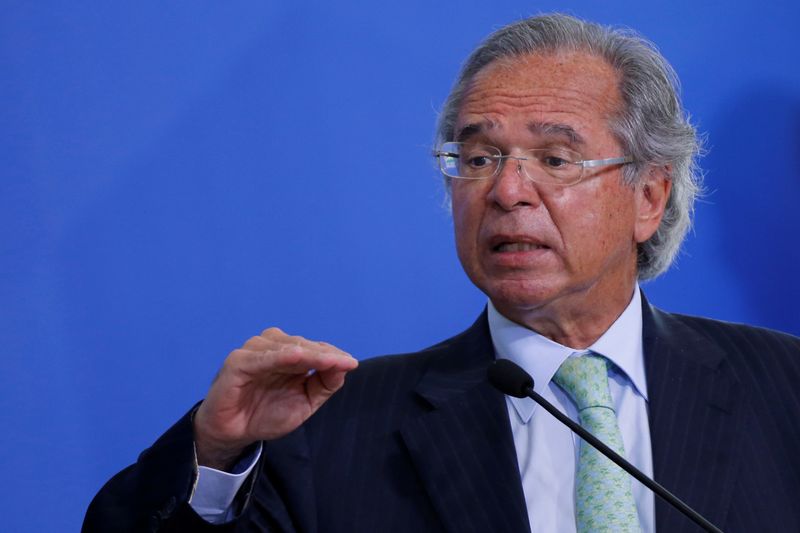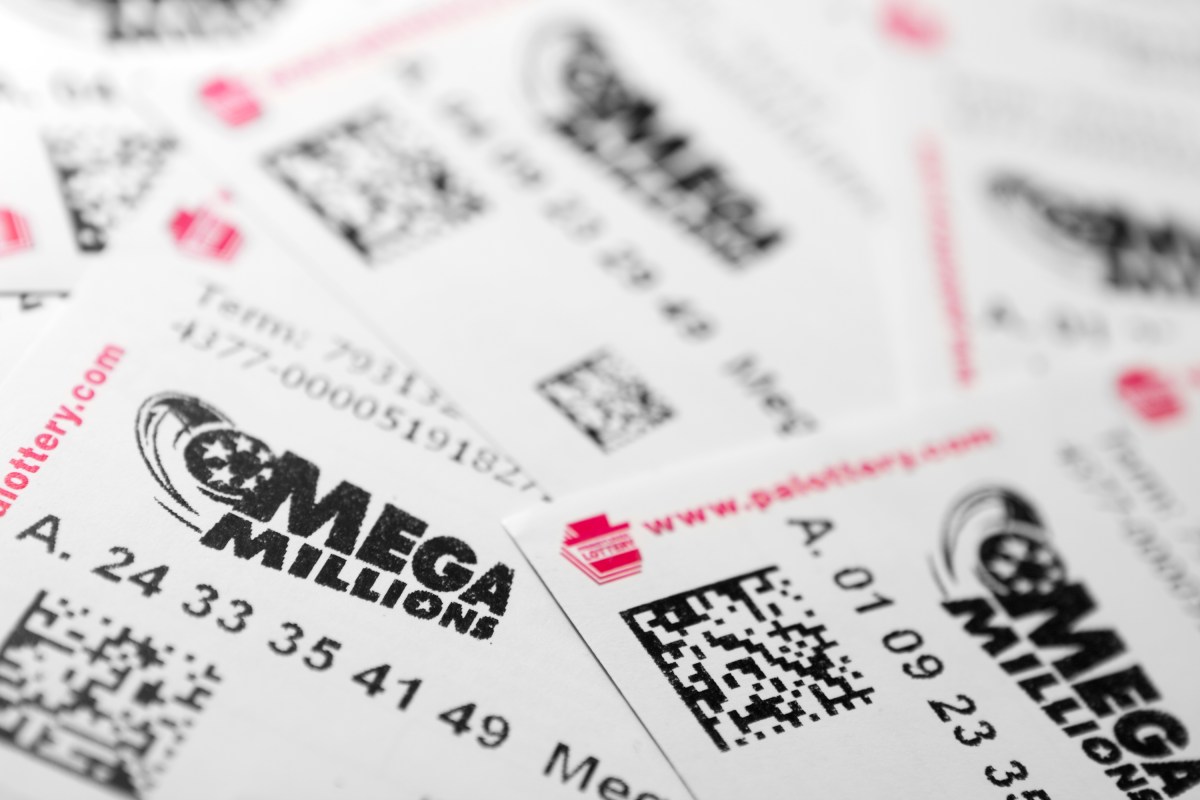BRASILIA (Reuters) -Brazilian Economy Minister Paulo Guedes said on Tuesday he expects the economy will be back on track in two to three months, as an accelerating nationwide COVID-19 vaccination program gets people back to work and revives activity.
Speaking in an online event hosted by Banco Itau, Guedes also said he expects a “decisive move” soon on the implementation of the stalled trade pact between the European Union and Mercosur bloc of Argentina, Brazil, Paraguay and Uruguay.
“We think that probably two, three months from now Brazil could be back to business. Of course, probably economic activity will take a drop but it will be much, much less than the drop we suffered last year … and much, much shorter,” Guedes said.
To achieve that, Brazil must speed up mass vaccination, which Guedes hailed as the country’s most important fiscal policy right now.
“It is the one that has most return in terms of economic results – to preserve people’s health and guarantee a safe return to the workforce,” he said.
Brazil on Tuesday reported a record 4,195 deaths in one day, bringing total fatalities to 336,947 and cementing its place as the current global epicenter of the coronavirus pandemic.
Interactive graphic tracking global spread of coronavirus: open https://tmsnrt.rs/2FThSv7 in an external browser.
Some experts say the South American nation’s death toll could eventually surpass the United States, where more than 550,000 people have died.
Guedes said the government will revive the job protection scheme that he says saved 11 million jobs last year, and will renew its privatization efforts.
Studies on the planned privatization of the country’s largest power company, Eletrobras, should be completed within nine months, he said.
On the EU-Mercosur impasse, Guedes said he is hopeful agreement will be reached soon.
“Either we go in that direction and they (the EU) accept us, and help us go in the right direction, or we’ll have trouble,” Guedes said. “I think we will go in the right direction.”
The pact struck in 2019 promised to remove 4 billion euros of import tariffs on EU products. But it has not been implemented, due to Europe’s concerns over Amazon deforestation and scepticism about Brazil’s commitment to tackling climate change under President Jair Bolsonaro.
(Reporting by Jamie McGeever in BrasiliaEditing by Bill Berkrot and Matthew Lewis)

























